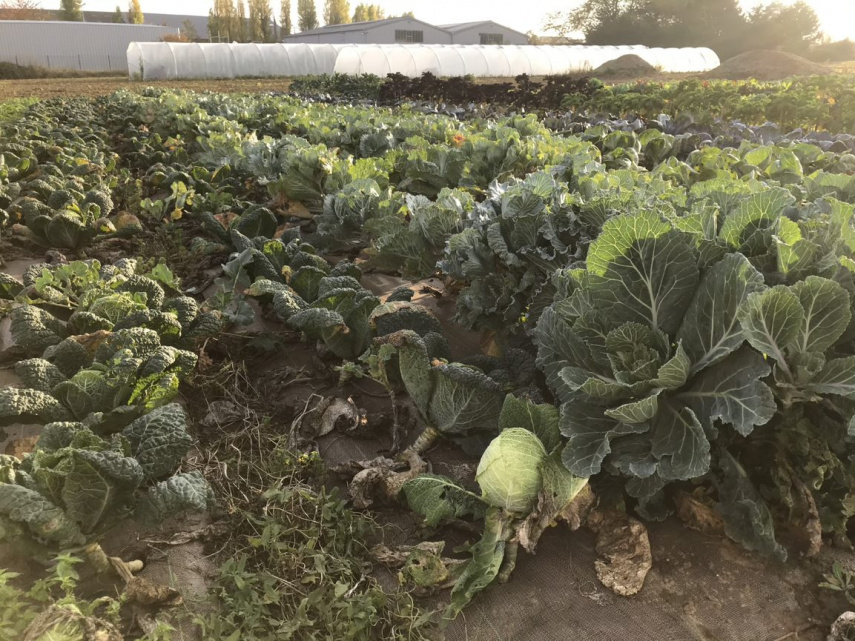Farm business incubators could help bring new entrants into agriculture in Scotland
The Scottish Land Commission report “Developing Business Incubators for Agriculture” highlights the opportunities involved in setting one up, and outlines why the Commission thinks that this is a route worth exploring as a way to reinvigorate Scottish agriculture.
Incubators are commonly used in other sectors of the economy – such as technology, software, and life sciences – and have proved to be a successful way of encouraging innovation.
Typically, an incubator works by inviting entrepreneurs with a strong business idea, selecting the best and then mentoring them – and their businesses – towards sustainability, financial sufficiency, and business growth.
Farm business incubators would be no different: next generation farm entrepreneurs with an innovative business idea would get access to land, resources, facilities, equipment, expertise and routes to market to enable them to test and prove their idea in a low-cost and low-risk context.
Crucially, the incubator approach could help the whole farming sector evolve, by demonstrating what works and removing a significant amount of uncertainty and risk in moving away from conventional farming practices. Already in use in France and the USA, the report highlights how these incubators have experienced significant success and growth over the past few years.
Speaking about the report, Bob McIntosh, Tenant Farming Commissioner, said: “If successful, the farm incubator idea could be used to develop more productive and efficient businesses that are less reliant on subsidies, while helping to address succession issues, improve land availability and tackle climate change.
“While incubators are not going to be a silver bullet, the focus on innovation and entrepreneurialism could deliver significant benefits for new entrants, established farmers and landlords alike.”
An example featured in the report is a combined farming and forestry business incubator. Set to become a major factor in land use decision making over the coming years, much of the land likely to be re-forested is currently being farmed.
Farming and forestry are usually seen as competing land uses, and this is where a farm incubator unit could help by testing out a properly integrated agroforestry model that combines these traditionally opposing interests.
The graduates from such a scheme would be able to evidence a successful, productive, and profitable business model, making them ideal candidates for joint ventures and tenancies – and potential future industry leaders.
The report coincides with the seventh annual FAS New Entrants Gathering in Perth on 25 February 2020, which aims to inform and inspire people entering the agricultural industry. The one-day event is the place to be in Scotland if you are a new entrant or are looking to break into the farming sector.
ENDS
Developing Business Incubators for Agriculture
